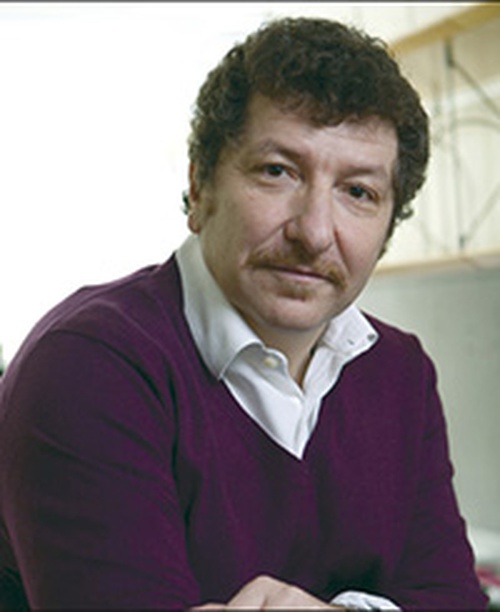Researchers have known that children often don't focus on tasks and tend to "over explore" instead of paying attention to what they should be doing. However, why they do that remains unknown.
Are they simply curious or is something missing in their ability to control attention?
In a new study, scientists at The Ohio State University have found out why - by forcing adults to behave just like children when trying to complete a task.
 The answer to why children are easily distracted is that their working memory isn't developed enough to hold the task goals in mind and control attention. And without such control, attention has no single target and is diffused, said Vladimir Sloutsky, co-author of the study and professor of psychology at Ohio State.
The answer to why children are easily distracted is that their working memory isn't developed enough to hold the task goals in mind and control attention. And without such control, attention has no single target and is diffused, said Vladimir Sloutsky, co-author of the study and professor of psychology at Ohio State.
Such behavior comes across as over exploring.
Sloutsky and lead author Qianqian Wan, a former Ohio State doctoral student in psychology and currently a postdoctoral researcher at the University of California-Davis, got adults to behave like children by overloading their working memories while they were trying to complete a task.
"We made it difficult for adults to focus by filling their working memory with things that weren't relevant to what they were trying to accomplish," Sloutsky said. "And when we did that, adults began to over explore and scatter their attention much like children do."
"Importantly, like in children, this scattered attention was observed, despite high levels of task accuracy," Wan added.
The study was published this week in the Journal of Experimental Psychology: General.
One experiment involved 40 5-year-old children and 71 adults.
The children and adults participated in a game on a computer or touch screen in which they collected virtual candy from four alien creatures.
Each creature consistently delivered a fixed number of candies - 1, 2, 3 or 10 - but participants did not know this in advance, so they weren't sure as they were playing if the amounts would stay the same.
The goal was simple: Earn as much candy as possible. The creatures moved during the game, so participants couldn't rely on location to determine where they could get the most candy.
But some of the adults in the study had an additional task, one that was designed to tax their working memory. This secondary assignment required participants to monitor a continuous stream of numbers on the screen. Whenever two odd numbers appeared in a row, they had to verbally identify the second odd number.
After the study, the researchers asked all participants, adults and children, if they could identify which creature gave the highest reward. And all participants had above-chance accuracy in choosing the correct creature. That shows that both children and adults learned what creature would help them reach their goal of collecting the most candy.
Still, some participants continued to select other creatures, even though they learned which one gave the most.
"As we expected from previous research, the children were generally slower to start selecting the most rewarding creature and switched creatures much more often than the adults who weren't asked to do an additional task," Wan said.
"But the adults who were under the working memory load behaved much like the children, not settling on the most rewarding creature. It is compelling evidence that an undeveloped working memory is behind children's tendency to distribute their attention."
Similarly, when adults were given learning tasks under working memory load, just like young children, they showed successful learning coupled with distributed attention.
How is working memory a part of how children and adults allocate their attention while completing tasks?
Sloutsky said research suggests working memory is involved in the active maintenance and updating of "attentional maps," or mental models that guide information sampling.
"These maps may guide attention to what is deemed important, allow selective information sampling and more efficient task performance," Wan said.
"But if you don't have sufficient working memory resources, these maps become harder to form and maintain. The result is that you have to broaden your attention to compensate for uncertainty."
Overloading the adults' working memory results in the same problems with attention that come with children's underdeveloped working memory.
The results suggest that children's "distractible" behavior isn't a flaw, but reflects the natural consequences of their developing memory system, Sloutsky said.
This tendency to be easily distracted from the task at hand and over explore the environment may actually help children notice what adults miss and learn in more flexible ways than typical adults do.
"These findings could inform teaching strategies that work with, rather than against, young children's natural learning tendencies," Wan said.






